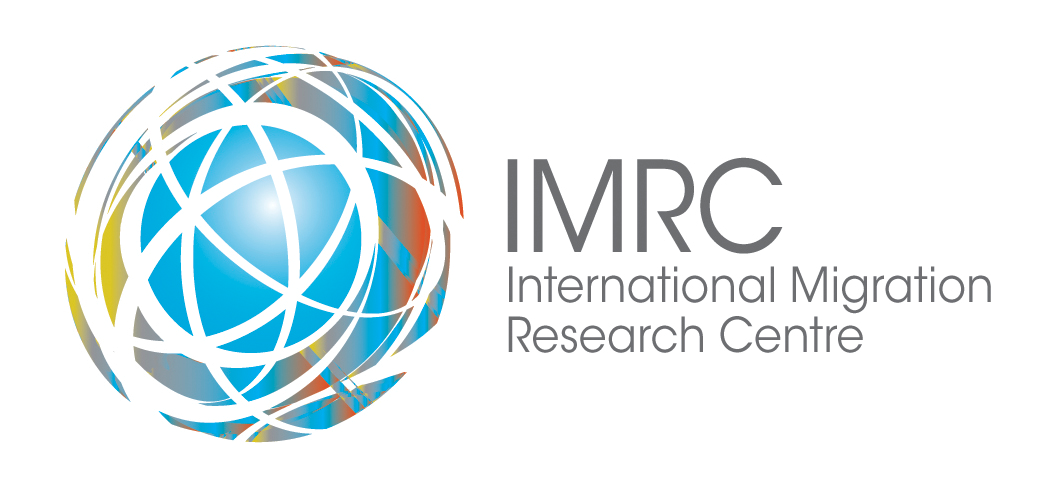Document Type
Policy Points
Publication Date
6-2021
Department
Department of Political Science
Abstract
This paper investigates the importance of interpretation and translation services in resettling and integrating refugee and immigrant newcomers within the Waterloo Region. According to Waterloo’s Immigration Partnership, immigrants account for 22.6% of the region’s population (Folkema and Vandebelt 2019, 17). This places the Region’s proportion of immigrants as the eighth highest in Ontario (Folkema and Vandebelt 2019, 5). In 2016, the Region of Waterloo recorded over 120 languages as the mother tongue of more than 120,000 residents (Languages Census Bulletin 2016), including Arabic, Tigrinya, Spanish, Somali, Farsi, and Mandarin (IP 2018, 6). Celebrating living in a vibrant, multilingual community necessitates responsibility of host communities to provide opportunities for language learning, and access to interpretation and translation services along the way. With respect to linguistic diversity, this means raising awareness about the importance and making accessible interpretation and translation services across institutions and organizations within the community. In interviews and survey responses, participants identified interpretation services as an important part of living in diverse communities, noting that this issue should be understood within a larger framework of cultural interpretation and Equity, Diversity and Inclusion (EDI) policies, an insight which we have adopted within this paper.
Recommended Citation
E. Dufour, S. Kabbar, A. Rana, N. Ricciardi, and K. Rygiel “Building Inclusivity in Linguistically Diverse Communities: A Role for Interpretation and Translation Services.” IMRC Policy Points, Issue XX, June 2021.


